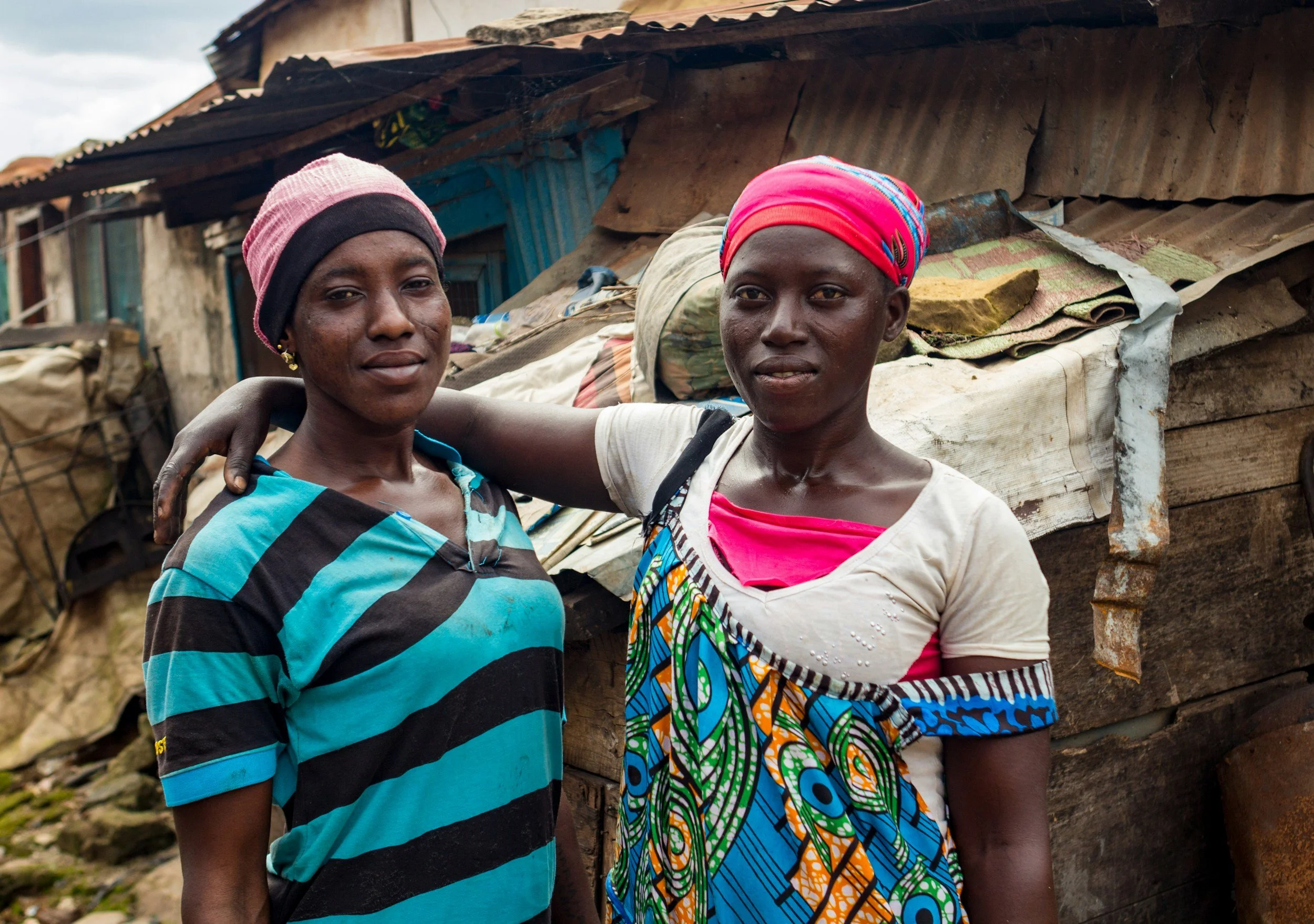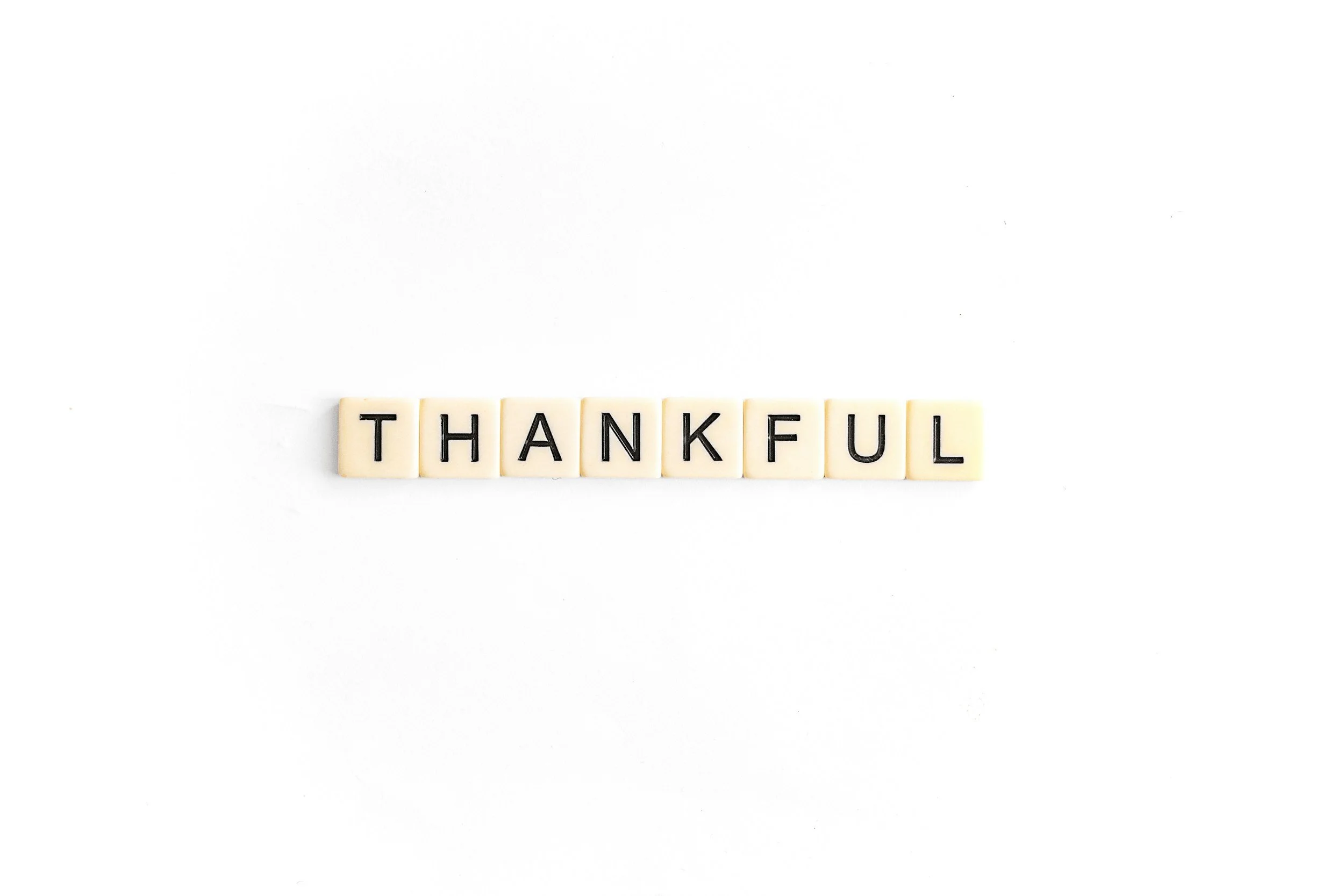Complete Guide to Mother-Daughter Communication at Every Life Stage
Communication is the bridge between hearts, but in mother-daughter relationships, that bridge is often under construction, damaged by storms, or missing critical supports. The good news? Bridges can be rebuilt at any stage of life.
The mother-daughter relationship evolves dramatically as both women grow and change. What worked for communication when your daughter was five won't serve you when she's fifteen, twenty-five, or fifty-five. Similarly, the way you communicated with your mother in childhood needs conscious updating as you both mature.
As a trauma-informed facilitator and Reiki Master who has worked with mother-daughter pairs across all life stages, I've observed that the most successful relationships are those where communication consciously evolves to meet each phase of development.
Why Standard Communication Advice Falls Short
Most communication advice treats all relationships equally. But mother-daughter communication carries unique challenges:
Intense history - No relationship has more shared history, both beautiful and painful
Identity formation - Daughters need to separate from their mothers to become themselves
Role reversals - Power dynamics shift as daughters mature and mothers age
Emotional intensity - The stakes feel higher because the bond runs so deep
Generational differences - Different eras create different values and communication styles.
The Teenage Years (13-19): Navigating Separation and Identity
"She used to tell me everything. Now I feel like I'm living with a stranger."
What's Really Happening: Teenage daughters are biologically programmed to separate from their mothers. This isn't rejection—it's a healthy part of development. The brain is literally rewiring itself, making teens more sensitive to peer approval and parental "interference."
Communication Strategies:
Do:
Listen more than you advise. Teens need to be heard, not fixed.
Ask open-ended questions: "How was that for you?" instead of "Did you have a good day?"
Respect their growing autonomy: "What do you think would work best?"
Share your own struggles from that age: "When I was your age, I felt..."
Create regular one-on-one time, such as car rides, walks, or shared activities.
Don't:
Take emotional outbursts personally.
Try to be their friend, rather than their mother.
Use guilt or manipulation to maintain a connection.
Criticize their friends, appearance, or interests unless safety is involved.
Share adult problems or emotional burdens.
Sample Scripts:
Instead of: "You never tell me anything anymore!" Try: "I miss our conversations. I'm here when you're ready to talk."
Instead of: "That outfit is inappropriate." Try: "Help me understand what you love about this style."
The Young Adult Years (20-29): Launching and Learning
"I want to be supportive, but I don't know when to help and when to step back."
What's Really Happening: Young adult daughters are testing their wings while still needing the safety net of family support. They're establishing independence while figuring out who they are in the world. Mothers often struggle with knowing when to offer guidance and when to let natural consequences take their course.
Communication Strategies:
Do:
Ask before giving advice: "Would you like suggestions or do you need me just to listen?"
Celebrate their independence: Acknowledge their growth and decision-making skills.
Share your experience as data, not direction: "When I faced something similar..."
Respect their relationship choices: Even when you disagree.
Maintain traditions that matter while allowing them to create new ones.
Don't:
Rescue them from the consequences of their choices.
Compare them to siblings or peers.
Make your emotional well-being dependent on their life choices.
Criticize their career, relationship, or lifestyle choices unless asked.
Use financial support as control..
Sample Scripts:
Instead of: "You're making a huge mistake with this job/relationship/decision." Try: "I can see you've thought about this carefully. How can I best support you?"
Instead of: "When I was your age, I would never have..." Try: "What feels most important to you as you make this decision?"
The Established Adult Years (30-45): Partnership and Boundaries
"Our relationship feels more equal now, but we're still figuring out the boundaries."
What's Really Happening: This stage often brings the most balanced mother-daughter relationships. Daughters have established their own identities and may be raising children. The relationship can evolve into a more friendship-like one while still maintaining the special mother-daughter bond.
Communication Strategies:
Do:
Treat each other as adults: Equal respect in conversations.
Share age-appropriate personal information: You can be more open about your own struggles.
Ask about their priorities: Understand what matters most in their current life stage.
Offer specific help: "I could watch the kids Saturday afternoon" vs. "Let me know if you need anything"
Create adult rituals: Wine dates, shared hobbies, travel together.
Don't:
Assume you know what they need.
Give unsolicited parenting advice (unless safety is involved)
Take sides in their marriage or relationship conflicts.
Compare their parenting to yours.
Expect the same level of contact/closeness you had when they were younger.
Sample Scripts:
Instead of: "If I were you, I would..." Try: "What are you thinking about trying?"
Instead of: "You look tired. Are you taking care of yourself?" Try: "How are you feeling about everything on your plate right now?"
The Midlife Years (45-65): Mutual Support and Understanding
"We're both dealing with our own midlife challenges while trying to support each other."
What's Really Happening: Both women may be experiencing significant life transitions—menopause, career changes, empty nest, aging parents, divorce, or health challenges. There is an opportunity for deep mutual support and understanding.
Communication Strategies:
Do:
Share your vulnerabilities appropriately: Let them see your humanity.
Ask for support when you need it: Model healthy interdependence.
Acknowledge their wisdom and life experience: They're not your "little girl" anymore.
Create space for both of your growth: You're both still evolving.
Discuss practical future planning: What do you both want/need as you age?
Don't:
Lean on them as your primary emotional support.
Compete with them or feel threatened by their success.
Assume they'll take care of you in your old age without discussion.
Try to relive your youth through their experiences.
Make them responsible for your happiness or fulfillment.
Sample Scripts:
Instead of: "I'm so lonely since your father and I divorced." Try: "I'm learning a lot about myself during this transition. Some days are harder than others."
Instead of: "You're so lucky to have all these opportunities I never had." Try: "I'm so proud of what you've created in your life."
The Senior Years (65+): Legacy and Love
"I want to make sure she knows how much I love her before it's too late."
What's Really Happening: The mother-daughter relationship often becomes more precious and intentional. There is an awareness that time is limited, which can motivate both healing and a deeper appreciation. Physical limitations may require role adjustments.
Communication Strategies:
Do:
Express love and appreciation regularly: Don't assume they know.
Share family history and stories: You're the keeper of essential memories.
Apologize for past mistakes when appropriate: It's never too late to heal old wounds.
Discuss your wishes and values: What legacy do you want to leave?
Accept help gracefully: Let them care for you as you cared for them.
Don't:
Use guilt to get attention or compliance.
Refuse all help out of pride.
Withhold important information about your health or finances.
Try to control their choices for your care.
Leave important things unsaid.
Sample Scripts:
Instead of: "I don't want to be a burden." Try: "I'm grateful for your help. This isn't how I imagined it, but I'm learning to receive love in new ways."
Instead of: "After everything I've done for you..." Try: "I want you to know how proud I am of the woman you've become."
Universal Communication Principles
Regardless of life stage, certain principles support healthy mother-daughter communication:
1. Start with Curiosity, Not Assumptions
Instead of assuming you know what they're thinking or feeling, ask genuine questions and listen to the answers.
2. Take Responsibility for Your Own Emotional State
Please don't make them responsible for managing your emotions or meeting your unmet needs.
3. Separate Your Issues from Theirs
Be clear about what belongs to you and what belongs to them. Your anxiety doesn't have to become their problem.
4. Practice Repair
When communication goes wrong (and it will), take responsibility for your part and work to repair the connection.
5. Honor the Relationship's Evolution
What you need from each other at one stage may not be what you need at another. Be willing to grow and change together.
When Communication Feels Impossible
Sometimes, despite your best efforts, communication is still challenging. This might indicate:
Unhealed trauma that needs professional support
Mental health issues requiring intervention
Addiction or abuse creates unsafe dynamics
Deeply entrenched patterns that need specialized healing work
In these cases, consider:
Individual or family therapy
Healing circles or support groups
Spiritual or shamanic healing work
Temporary boundaries while you each do your own healing
The Power of Intentional Communication
When you consciously adapt your communication to meet each life stage, amazing things become possible:
Conflicts become opportunities for deeper understanding
Differences become sources of growth rather than division
Love becomes more expressed and less assumed
The relationship becomes a source of strength for both women
Your Communication Transformation
Remember, you can only change your part of the communication dynamic. However, often when one person shifts their approach with consciousness and consistency, it creates space for the other to respond differently as well.
Start where you are. Use what you have. Do what you can.
Ready to Transform Your Communication?
If you're ready to heal and improve your mother-daughter communication, I offer comprehensive programs that address these patterns at their roots:
Join our live healing circles on Insight Timer for immediate support and a sense of community connection. Click here to join me.
Your relationship can be transformed, one conversation at a time.






